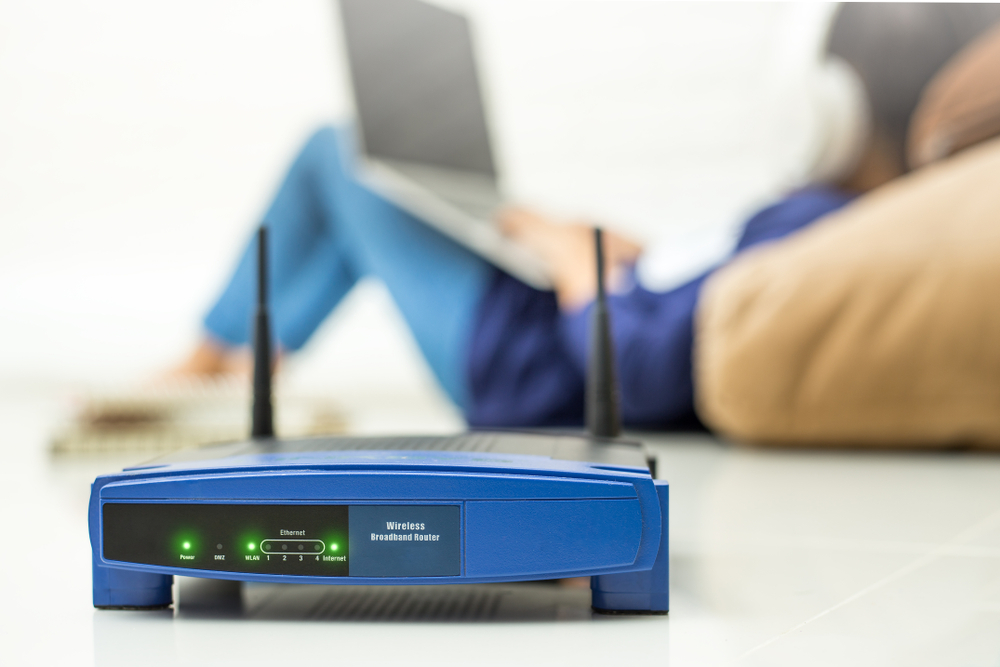The pandemic has prompted an unprecedented surge in remote working. The new work pattern has been well received not only by the organizations and employees but also ransomware actors.
Security experts have observed several cybercriminal gangs attempting to gain persistence on corporate networks with increased used of backdoor techniques over the past few months.
The Ministry of Foreign Affairs of European Union countries are experiencing cyberattacks by the Russian hacking group Turla, who is deploying backdoors to steal sensitive documents.
The Greater Baltimore Medical Center in Towson, Maryland was hit by a ransomware attack that impacted computer systems and medical procedures, the healthcare provider said Sunday.
The Naples Public Prosecutor’s Office said on November 5 that an ongoing cyberattack was maintained against the Aerostructures and Aircraft Division of the Rome-based Leonardo SpA.
The Middle East region is facing a “cyber pandemic” with COVID-19 related attacks skyrocketing this year, according to the United Arab Emirates government’s top cyber security chief.
Various threat actors are on the lookout for exposed Environment (ENV) files that have been accidentally uploaded, and it is suspected that botnets are scanning these files for stored credentials.
The healthcare sector underwent major ransomware attacks this year. Ryuk itself accounted for 67.3 million attacks, with the most attacks on organizations in the healthcare sector.
Describing the incident, the school system said in a post on social media that it was attributable to a ransomware attack that “caused systemic interruption to network information systems.”
Security researchers have discovered more than 400,000 subdomains with misconfigured Canonical Name (CNAME) records, leaving many at risk of malicious takeover as a result.






